

Contributor
- Topics: Archive, Plants You Need, Sustainable Gardening
 Starting a plant from seed is one of a gardener’s greatest joys. But the importance of seeds in our lives goes way beyond that simple pleasure. Thor Hanson, a conservation biologist, reveals that importance in his book The Triumph of Seeds. Hanson explains how the development of seed-bearing plants made life as we know it possible.
Starting a plant from seed is one of a gardener’s greatest joys. But the importance of seeds in our lives goes way beyond that simple pleasure. Thor Hanson, a conservation biologist, reveals that importance in his book The Triumph of Seeds. Hanson explains how the development of seed-bearing plants made life as we know it possible.
The trip he takes us on spans the globe and eons of time, but never lacks focus as he guides us through the five sections of the book: Seeds Nourish, Seeds Unite, Seeds Endure, Seeds Defend, and Seeds Travel. Through personal anecdotes, interviews with experts, and a lot of research—the bibliography is 15 pages—Hanson certainly gave this seed-sower a deeper appreciation of the 352,000 seed-bearing plants on the planet.
Fierce Energy is the title of the introduction, which sets the book’s tone and pace as readers travel with Hanson from a Kibbutz in the Negev Desert in Israel to the wheat fields of the Palouse in Washington state. He also takes us back in time to the Monastery of St. Thomas, in Moravia, where Gregor Mendel experimented with peas and laid the groundwork for the study of genetics, and to the bottom of an American Southwest canyon where paleobotanists unearthed fossils of seeds from the Carboniferous Era—evidence of seed-bearing plants even deeper back in time.
This is not all heavy scientific writing. Hanson is a family man and includes his three-year-old son Noah, whose puzzling fascination with seeds gives his parents much amusement, as well as his 94-year-old grandfather-in-law, who was involved in the seminal hybridizing experiments that led to the seedless watermelon. He is also a very careful and generous writer. Not wanting to lose his readers in technical jargon, he explains important botanical concepts and terminology, and includes a glossary at the back of the book.
Hanson is also a seeker of wisdom beyond mere scientific fact. The reader learns this from the peppering of quotations throughout the book, like the German proverb, “God gives the nuts, but he does not crack them.” In the closing chapter, he wraps up his thoughts by saying, “Seeds give us a tangible connection from the past to the future, a reminder of human relationships as well as the natural rhythms of season and soil.” Certainly he is someone who thinks of seeds as more than just food.
Whether Hanson is conversing with a development expert at the National Institute of Health, or dissecting a beloved Almond Joy bar on the kitchen table, his voice remains true and his objectives clear. The jacket of The Triumph of Seeds says, “It is essential reading for anyone who loves to see a plant grow.”
Or takes joy in planting a seed.
Daniel Mount, garden designer and writer
Seattle, Washington
Share:
Social Media
Garden Futurist Podcast
Most Popular
Videos
Topics
Related Posts
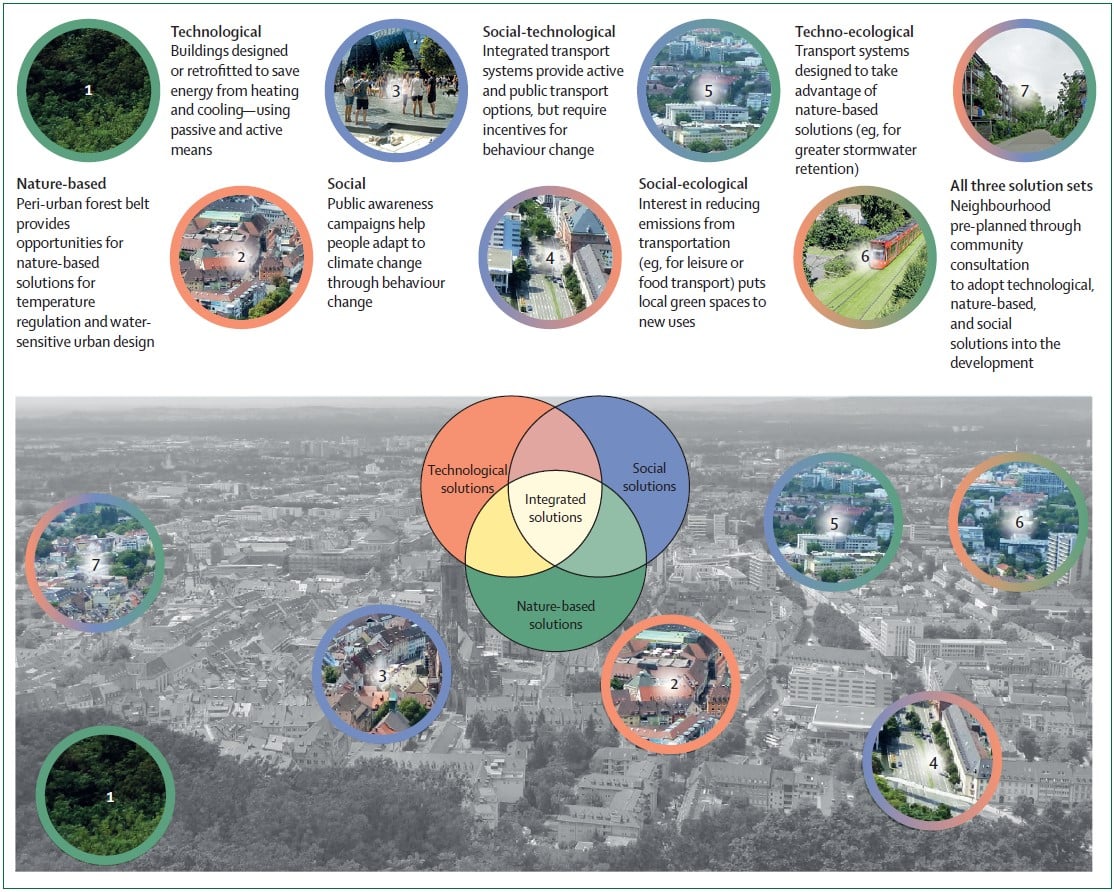
Ground Up Science for Greener Cities with Garden Futurist Dr. Alessandro Ossola
Spring 2023 Listen to the Podcast here. Alessandro Ossola is a scientist who gets very excited about the challenge of climate change allowing for an
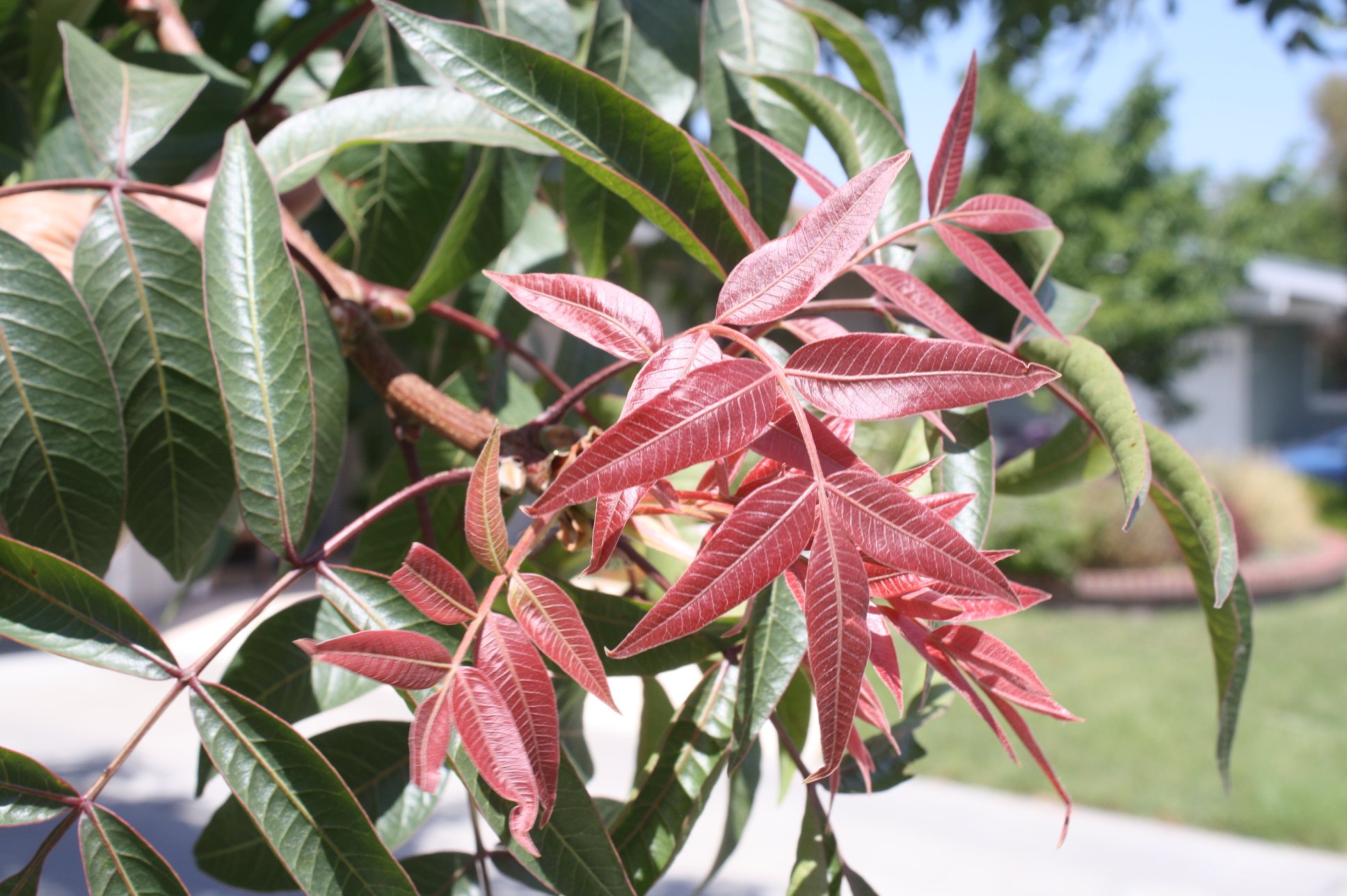
Readying Urban Forests for Climate Realities with Garden Futurist Dr. Greg McPherson
Winter 2023 Listen to the Podcast here. “Going from the mow and blow to a more horticulturally knowledgeable approach to maintaining the landscape. And that
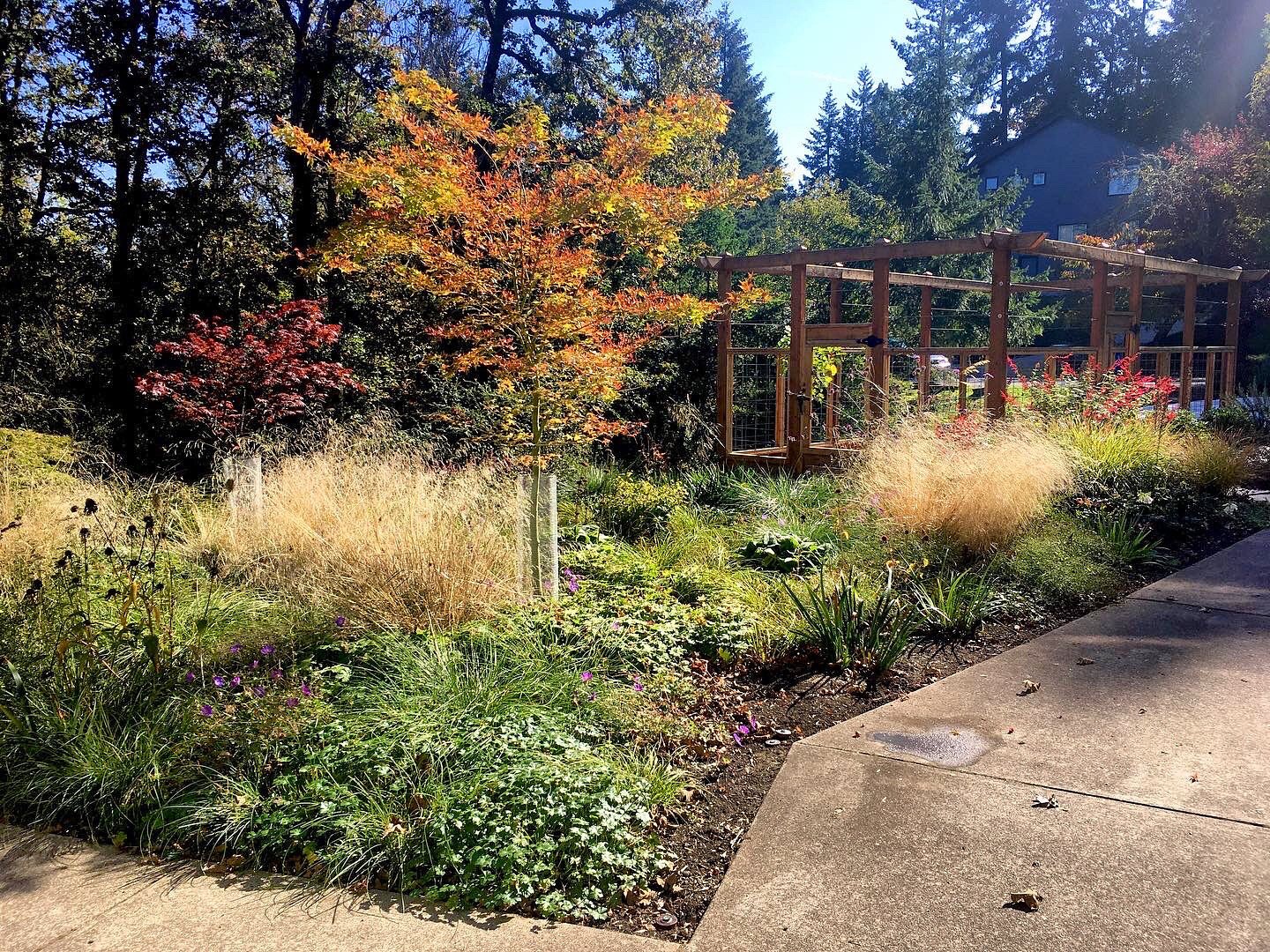
Low Maintenance Gardens – Better for Pollinators and People
Autumn 2022 “I come out every day. It’s therapy, my meditation.” Janet’s young garden transformed from overgrown, invasive plants to mostly natives. The dailiness of
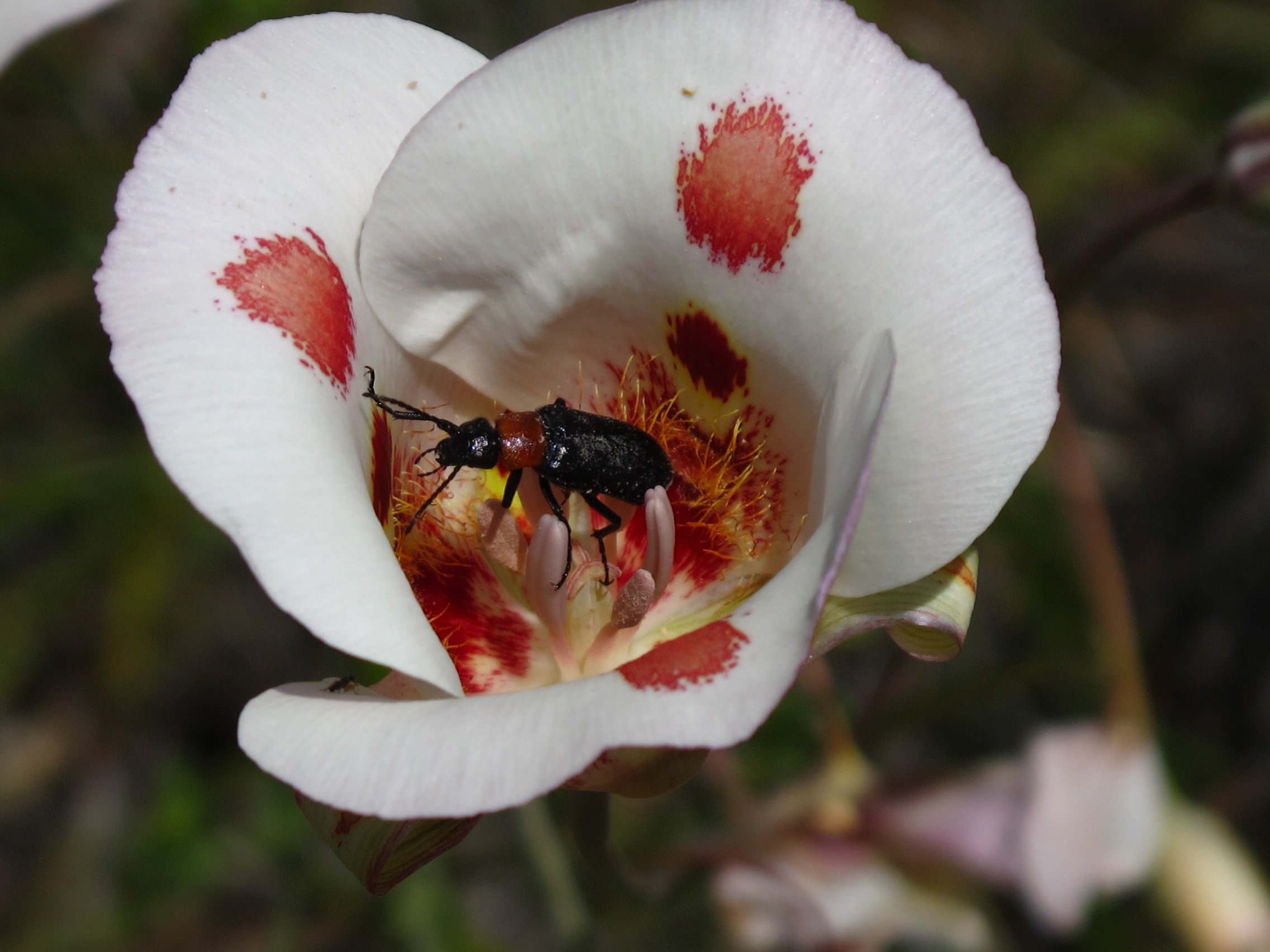
Calochortophilia: A Californian’s Love Affair with a Genus
Summer 2022 I can chart the progression of my life by Calochortus. For the last two decades, at least. As a teenage girl growing up




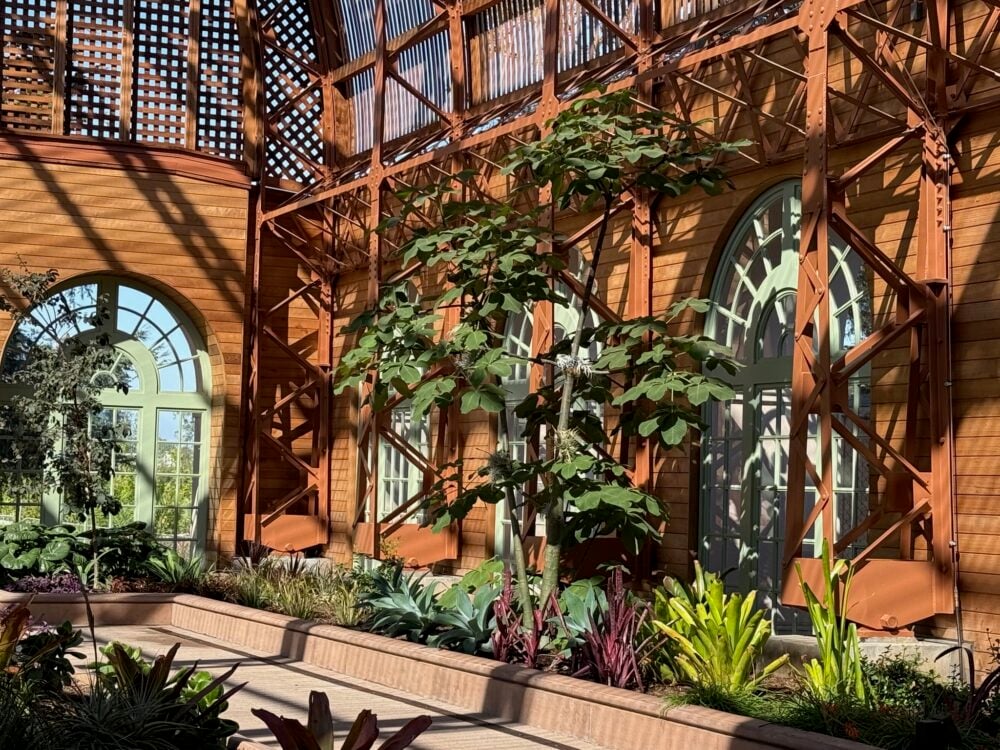



Responses